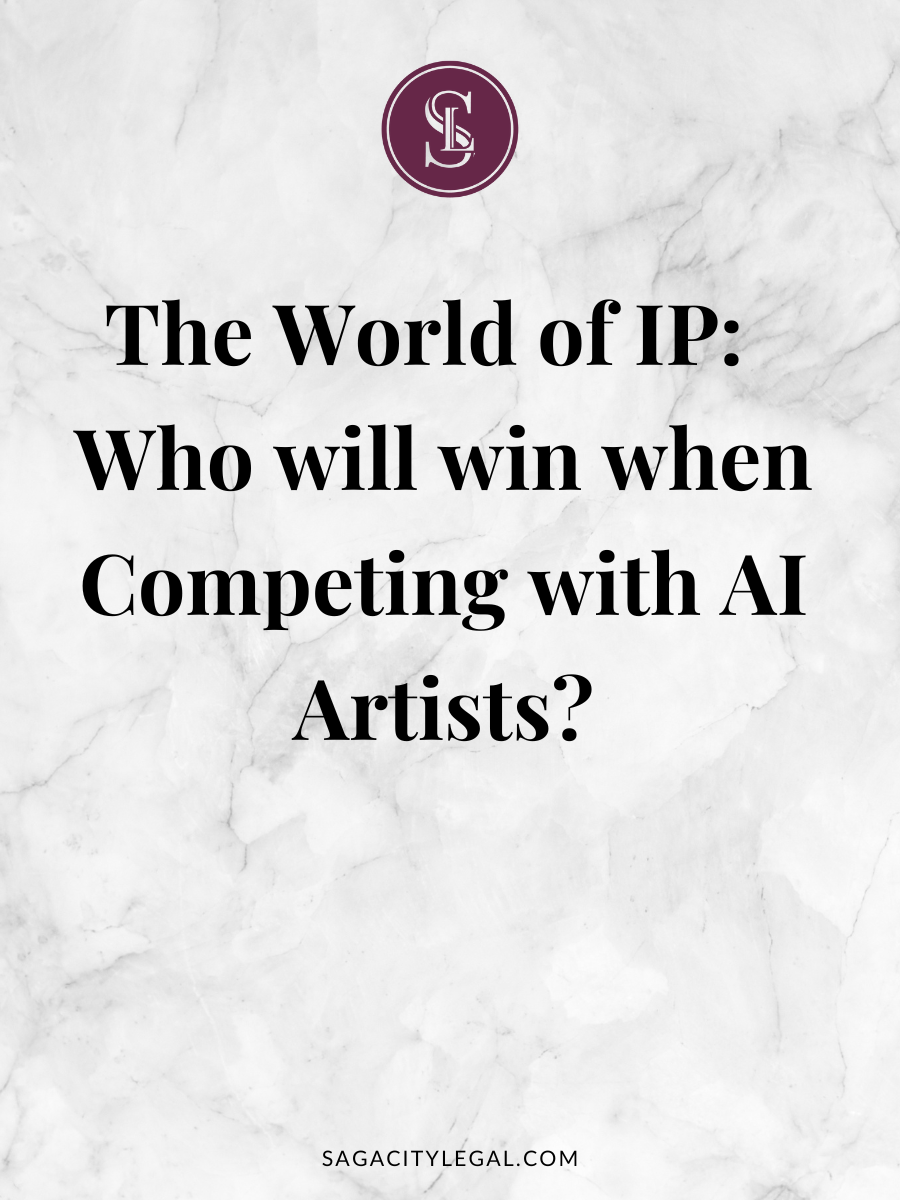
When it comes to intellectual property, who will win when competing with artificial intelligence artists? That’s the question that is currently being debated. RecentLY, an AI-generated image won first place in a major art competition. That has fueled the debate greatly.
Jason M. Allen’s award-winning image is sparking a lot of controversy. Should art generated by a computer be compared to humans? What, exactly, it means to be an artist. In August, Allen, a game designer won first place in the emerging artist division’s “digital arts/digitally-manipulated photography” category at the Colorado State Fair Fine Arts Competition. His winning image was made with Midjourney — an artificial intelligence system that can produce detailed images when fed written prompts. Midjourney artificial intelligence system was fed a written prompt and then it produced the detailed winning image. Many people are questioning if this should be considered as art and if Jason M. Allen is considered an artist.
How do AI creators impact copyright law?
On one side of the debate are those who argue that AI-generated images should be treated the same as any other type of copyrighted work.
On the other side of the debate are those who believe that AI-generated images should not be eligible for copyright protection at all. They argue that, because the images are created by machines, they lack the originality required for copyright protection.
In fact, according to the U.S. Copyright Office’s Copyright Compendium, “the Office will refuse to register a claim if it determines that a human being did not create the work.”
Earlier this year, this guideline was reaffirmed when the US Copyright Review Board (CRB) upheld the Copyright Office’s refusal to register “A Recent Entrance to Paradise”, an AI-generated work produced by one of Stephen Thaler’s AI systems, the Creativity Machine.
The CRB relied on U.S. Supreme Court decisions from the past defining an “author” as “he to whom anything owes its origins” and 1976 Copyright Act language referring to an author’s children, widow, grandchildren, and widower — “terms that ‘all imply humanity'” — as judicial and legislative precedent.
So far, there is no clear answer to the question of who will win when competing with artificial intelligence artists. However, it is clear that the debate is likely to continue for some time.
Want to learn more? Schedule a chat with me at meetwithRandi.com


leave a comment on this post.